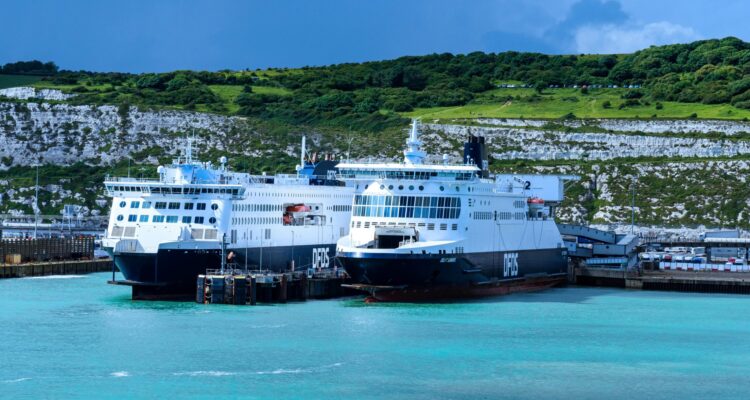The Road Haulage Association (RHA) has raised significant concerns regarding the current enforcement of the Clandestine Entrant Civil Penalty Scheme. Hauliers and drivers, despite adhering to stringent security measures, are facing substantial fines when illegal immigrants are discovered concealed within their vehicles. This situation underscores the pressing need for a comprehensive review and reform of the existing penalty framework to ensure fair treatment of compliant operators.
The Current Penalty Framework and Its Implications
Under the existing scheme, hauliers can be fined up to £10,000 per clandestine entrant found in their vehicles. Additionally, penalties of up to £6,000 may be imposed for inadequate vehicle security, even in the absence of discovered stowaways. These stringent measures, while aimed at deterring illegal entry into the UK, have inadvertently penalized operators who have implemented all reasonable security protocols.
Challenges Faced by Hauliers
The transportation industry is grappling with evolving tactics employed by individuals attempting to gain unauthorized entry into the UK. Despite hauliers’ adherence to recommended security measures, the increasing sophistication of concealment methods poses significant challenges.
Instances have been reported where operators, even after conducting thorough vehicle checks and participating in accreditation schemes, have incurred substantial fines. For example, EM Rogers, a Northampton-based haulier, faced a £66,000 penalty after six migrants were found in one of its trucks, despite the company’s compliance with security protocols.
RHA’s Advocacy for Reform
The RHA acknowledges the importance of maintaining border security and supports measures to deter illegal entry. However, it emphasizes that the penalty regime must evolve in tandem with the changing tactics of clandestine entrants. The association has called for a review of the Clandestine Entrant Civil Penalty Scheme to ensure it is fit for purpose and considers the advanced methods used by organized crime groups.
Richard Smith, RHA Managing Director, stated, “We recognize the role our industry plays in keeping the border secure, and support all reasonable measures to deter clandestine entrants as well as penalize those drivers and operators who aren’t taking the necessary steps to secure their vehicles. However, as tactics and techniques for hiding on vehicles evolve, it is vital the scheme also evolves so operators and drivers are not unfairly punished.”
Recommendations for a Balanced Approach
To address these concerns, the following measures are proposed:
- Comprehensive Review of the Penalty Scheme: Undertake a thorough assessment of the current penalty framework to ensure it aligns with the evolving challenges faced by hauliers.
- Enhanced Collaboration: Foster stronger partnerships between government agencies and the haulage industry to develop effective strategies that deter illegal entry without unfairly penalizing compliant operators.
- Adaptive Security Protocols: Regularly update security guidelines and checklists to reflect the latest concealment tactics employed by clandestine entrants.
- Fair Assessment Procedures: Implement assessment procedures that consider the efforts made by hauliers to secure their vehicles, ensuring that penalties are imposed only when there is clear evidence of negligence.
The RHA’s call for reform highlights the need for a balanced approach that upholds border security while ensuring fair treatment of diligent hauliers.
By revisiting and updating the Clandestine Entrant Civil Penalty Scheme, the government can create a more equitable system that acknowledges the challenges faced by the haulage industry and supports their efforts in maintaining secure and efficient operations.






